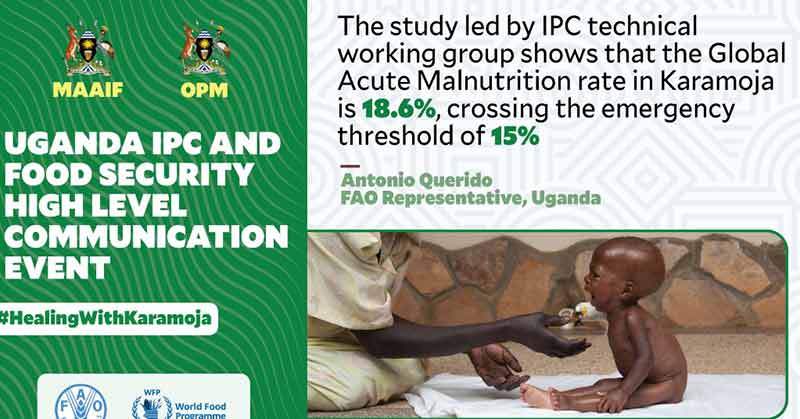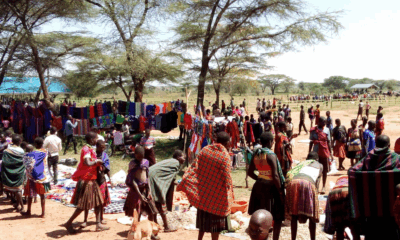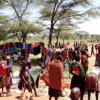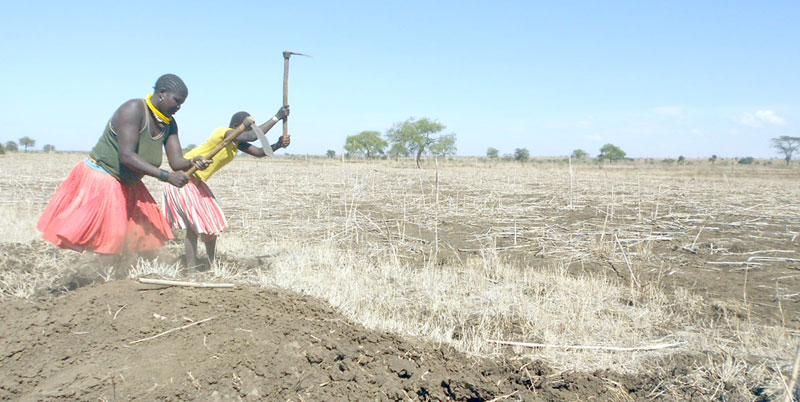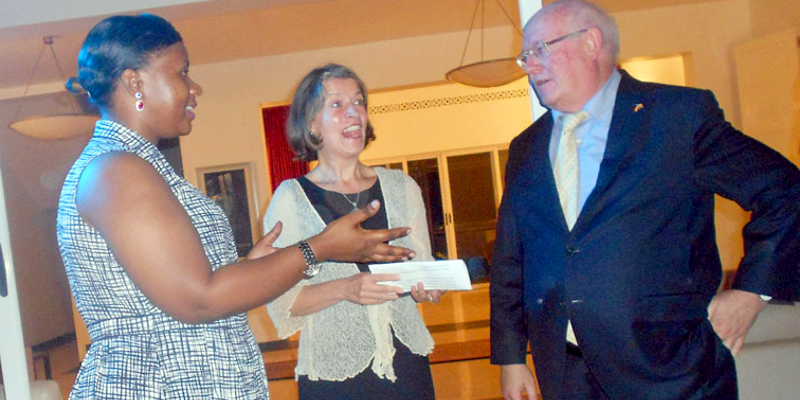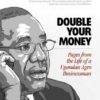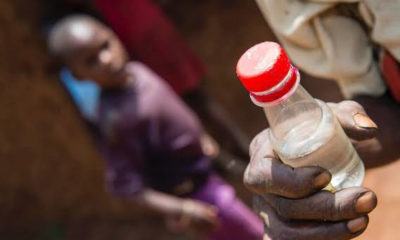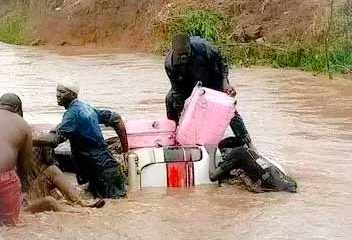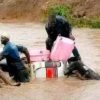Brian Mukalazi
It’s tough being a Ugandan!
When the Ministry of Health and the Uganda Counselling Association reported in May that nearly 14 million Ugandans are mentally sick, personally, I was not surprised. With our current economic, social and political circumstances, it’s practically impossible to stay sober. These circumstances have wrecked human lives.
For so many years, with the economic hardships not-withstanding, Ugandans have always been resilient people, hanging unto one of life’s most precious assets – ‘Hope’. I mean, hope in our leaders, hope in the process; and hope that tomorrow will be better. But I think this hope is now wearing thin.
Ugandans are currently suffering from all sorts of crises and are desperately looking for answers from their leaders. But imagine getting this for an answer with respect to the on-going fuel crisis: “The prices at the pumps today are relatively okay. The situation has not reached a level where we must intervene”.
These unfortunate words were said by the Assistant Commissioner in charge of Petroleum supply in the Ministry of Energy and Mineral Development in a recent interview with NTV. I couldn’t believe my ears!
Statistics from the African Youth Survey 2022 carried out in 15 countries, including Uganda, revealed that majority of young Africans aged between 18-24 years have negative opinions about the direction of their countries. In Uganda, according to the survey, 58 percent of these young people believed that things are going badly and just 38 percent felt positively about the trajectory of their nation.
No wonder, 2,000 young innocent Ugandans are willing to risk it all on a monthly basis by leaving their motherland to go and work as maids in the Middle East. Worryingly, majority of these young people are well aware of the poor working conditions in those countries that sometimes result into loss of lives, but their desire to make a buck offers them no other options. It’s tough!
As our economy continues to crumble, Ugandans are struggling to find the incentives to save, invest and innovate. Income is failing, unemployment is rising and the country has accumulated a massive unsustainable external debt, which currently stands at 54 percent.
To Uganda and its citizens, the unsustainable external debt situation poses a series of significant challenges ahead. For one, the country has limited tax resources in relation to the planned public expenditures. Thus, if external lending is stopped, government may be unable to provide the much-needed public goods and services to the citizens.
Currently, infrastructural projects such as construction and rehabilitation of roads, health facilities and Dams are largely financed through externally generated resources in the form of loans. But to sustain these projects without external debt, the government will have to raise domestic revenue mainly by way of increased taxes for the already financially constrained citizens.
The agriculture sector, which employs the largest section of Ugandans, remains less productive even though according to textbook economics, it should have been our economic driver. Our farmers have nothing to hold unto.
And how about the healthcare sector: The story of healthcare delivery in Uganda is one of deep-rooted inefficiency and failure. Today, even the poorest Ugandans prefer not to use the government health care facilities, opting instead for the much more expensive, unregulated, and sometimes deficient private providers, including herbalists and traditional healers.
For both internal and external on-lookers, Uganda is a perplexing country. A couple of days back, our Parliament approved the proposed government purchase of shares in Roko Construction Limited worth UGX207 billion. In the first place, the money is not readily available and government will have to borrow it. Does it make financial sense?
Secondly, Roko’s financial difficulties arose partly because of unpaid government contracts which could have forced the company to obtain expensive commercial loans in order to honour contractual obligations. If there are still outstanding balances owed to Roko, can government just consider settling them in full?
Someone also argued: “Imagine if only 2,000 SMEs and traders trying to stay above board were each given a concessional loan of UGX100 million for 10 years with this money, the net impact would be great. Or if just 200 SMEs were given one billion shillings each at a 5 percent interest rate for 10 years on condition that each has to have 20 permanent employees on their books”.
Yes, it’s tough being a Ugandan in these times. But in a different way, life is even tougher for our brothers and sisters in Karamoja. Plagued by a multitude of unending problems, Karamoja appears to be trapped in some sort of a vicious circle.
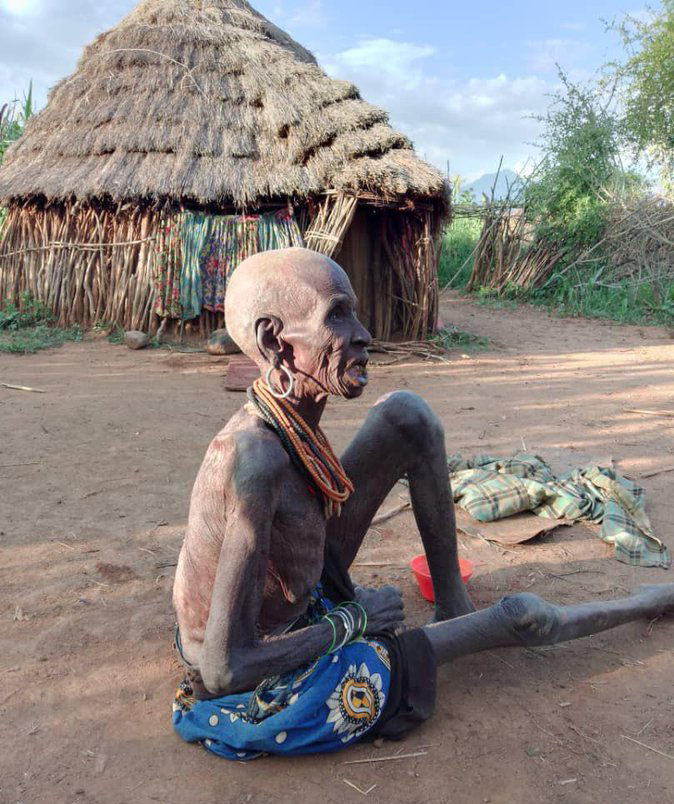
Scenes like this of hunger-striken individuals have flooded social media to draw the government’s attention to the dehumanizing scale of hunger in Karamoja
But what is mind-boggling is that throughout the last five or so decades, hundreds of billions of shillings have been poured into Karamoja from government, international organizations such the United Nations, and NGOs of different ilk. However, much of these resources have been wasted in overhead costs and corruption.
Worse, a lot of the aid has been given for temporary relief without fostering sustainability. Little has been used for building infrastructure, schools, capacity building for locals or provision of other public services essential for the development of the region.
Our security minister was recently quoted saying that the newly introduced Parish Development Model program will end poverty in the country in a period of three years. I love the optimism, but this will remain a mere wish if we do not take the necessary efforts to break the cycle of failure that appears to be repeating itself over and over again.
Poverty, coupled with remarkable income inequality between the rich and poor, has become endemic in large swaths of the country. This needs to be tackled urgently. Otherwise, soon, the poor will have nothing to eat but the rich!
Mr. Mukalazi is a Ugandan Executive and Socio-Economic Thinker
bmukalazi@ecmafrica.org
Comments



